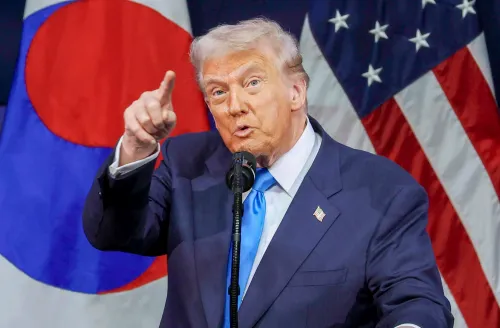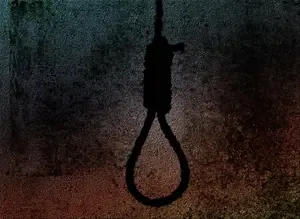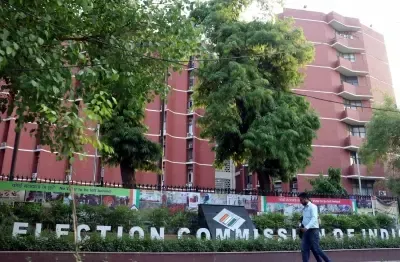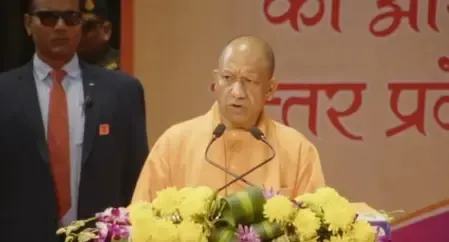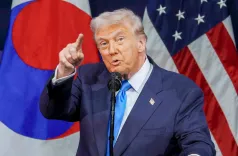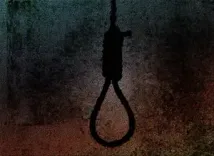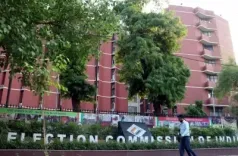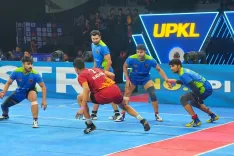Is it the Government's Right to Choose Who Replies in Discussions? Kiren Rijiju Weighs In
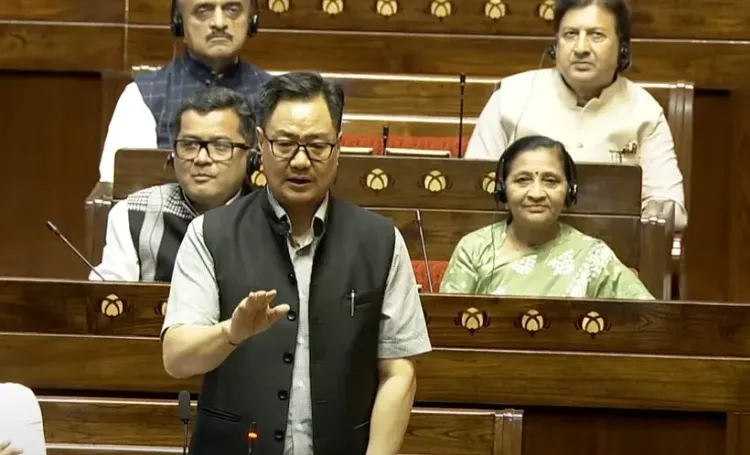
Synopsis
Key Takeaways
- Debate highlights tensions between government and opposition.
- Prime Minister's absence raises questions about accountability.
- Government maintains its prerogative in speaker selection.
- Opposition demands stronger representation in discussions.
- Parliamentary protocols examined amidst political drama.
New Delhi, July 31 (NationPress) A heated debate erupted between the treasury benches and opposition members in the Rajya Sabha on Thursday regarding the government's approach to the discussion on Operation Sindoor.
The opposition expressed strong discontent over Prime Minister Narendra Modi’s absence during the discussion, with Home Minister Amit Shah stepping in to respond.
Leader of the House J.P. Nadda reminded everyone that a similar situation occurred in 2008, after the Mumbai terror attacks, when it was the then Home Minister who addressed Parliament, not Prime Minister Manmohan Singh.
In response, Leader of Opposition Mallikarjun Kharge stated, “While Nadda ji pointed out that the Home Minister replied during the 2008 Mumbai attacks, that is not our contention. Our objection arises from the Prime Minister’s statement that he would ‘deal with us alone,’ which we found disrespectful. We insisted that he should respond himself, given his presence.”
Parliamentary Affairs Minister Kiren Rijiju defended the government's choice, noting that the Prime Minister had already delivered a comprehensive reply lasting one hour and 42 minutes in the Lok Sabha regarding Operation Sindoor.
“The response in the Rajya Sabha came the following day. The Home Minister is fully qualified to answer the discussion. The opposition's objections are unjustified,” Rijiju stated.
He emphasized that the decision of who speaks in the House is ultimately up to the government. “This is a matter of collective responsibility. It is not the place of the opposition to dictate who should respond. That authority rests with the government,” Rijiju asserted.
This declaration led to increased chaos in the Rajya Sabha, prompting the Chair to suspend proceedings until 4:30 p.m.
The Upper House faced numerous interruptions throughout the day. Shortly after sessions began in the morning, opposition MPs raised multiple concerns, including demands for a thorough review of the voter list in Bihar, issues regarding U.S. tariffs, escalating crimes against women, and calls for the Chairman’s resignation.
The opposition sought discussions under Rule 267, but when their request was denied, MPs began chanting slogans, resulting in an initial adjournment until noon and later until 4:30 p.m.


